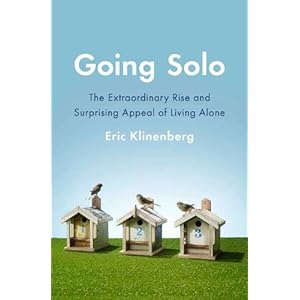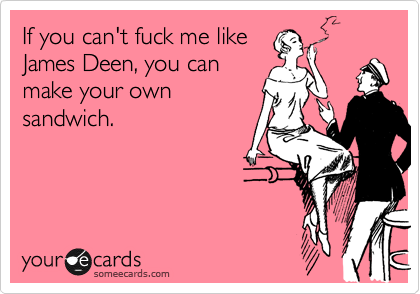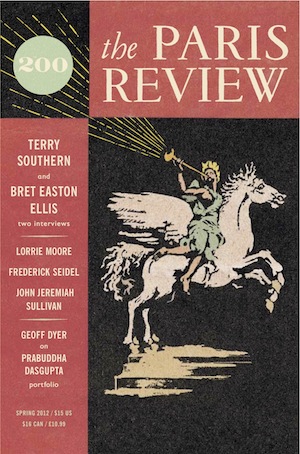I was at a reading in
an artbook store a while back. The reader was an art critic to these
people, reading from her latest novel. She is a novelist to me,
well, a documentarian with words maybe. One of the smartest
writers. A woman who made me understand literary theory for the
first time, too far out of undergrad to be of use. Because of her I
read more, I understood more, and I thought I could go back with all
these new skills and take that master's . The universities laughed at
me. The thing is, I get the words now. Until the art gallery where
they spoke in a language that the book nerds know nothing of. (And
where credit is due, the woman understands both. Seamlessness. She
knows.) I asked a stupid question, about the book, and the answer
was delivered with a smile (because she is lovely, always) but short. The last time I'd seen her I'd asked a question, that she
validated in this book, but at the time was stupid. At that time the
audience kind of laughed at me. This time there wasn't a single
person in the room I knew, and they looked at me, at this interloper with a lexicon so different from their own,
like I was some kind of scumbag. Are you not, like us, committed
to Art? Holy Art.
The
night before I had that conversation that starts “I have a useless
degree too...” Well, it started when we talked about what we do for a living.
The bio section of all my webspaces has a joke in it, because I have
no definition. Not a natural redhead, you can stop asking.
Moz so hard motherfuckers wanna fine me. Not
because I consciously refuse, but because I haven't one. “I'm a
nothing,” I said. With my spreadsheets, 9-5, balanced diet with
occasional treats, mommy-track fitness without the kids. I had to
stop when I said my degree was useless, because I do use it now,
occasionally. Other people ask me to write for them, and that's
something.
Of
course in the art room, it was nothing. I told the woman what I was
writing next. The woman told me she remembered meeting me at another event months earlier. Thrilling. “So are
you a writer?” In the Q&A one of the art
people had said “You've talked about extreme modes of being, can you
talk more about that?” And the woman said that if you work a 9-5,
have a balanced diet with occasional treats, you're living a
non-extreme mode of being. “No, I'm not a writer,” I said. “I have one of those
balanced lives.” She laughed.
Fake it till you
make it. People declare
themselves poets simply because they wrote broken lines. Applying
the signifier like a magic spell. Being is insisting. I couldn't
ever play this game because I do not use words so lightly. I'm a reader first, and I think because of that I'm very protective of who should be called a writer. Titles have
meaning, and to misuse them is to deny them power. If everyone is
special, no one is. I always feel like I need to provide some definition, reach some currently undefined peak before I'm really allowed to
exist. How did I get to 36 and still have to say “I'm nothing”?
Why did I look that woman in the face, that woman who was never a
writer until the day she was and say “I'm trying” not “Yes,
I am a writer.” And when you want to live, how'd you
start, where'd you go, who'd you need to know?
The
Art Kids nodded so knowingly when it was suggested that one must
dedicate oneself entirely to an art. That one must have an extreme
mode of being, one must give up all the trappings of a comfortable
life, risk it all. They nodded, wearing their small boutique bought clothes, their Fleuvogs. It made me doubt any of them were lacking a
safety net, should it all fall apart. So much art is privilege. I
asked the woman if her book's character, middle-aged and comfortable,
was tempted to hand over all her money because she had the guilt of
privilege. If a comfortable writer, interested in social justice, who
hasn't always been comfortable, sometimes wants to level themselves
down again. Or if it's just all easier to fall back into a bourgeois
hole? The safety nets for women are so often their men, and if I
deny myself that (a safe man) to be on my own, and 9-5 on my own, and
make my own balanced meals, is this any less of an extreme mode of
being? Isn't being a fully independent female pretty god damn
extreme? I'm not sorry if I don't spend 9-5 thinking about my art,
because I'm paying my bills, extremely. Pardon me, Art Kids. I'm
just trying to live in the world.


















